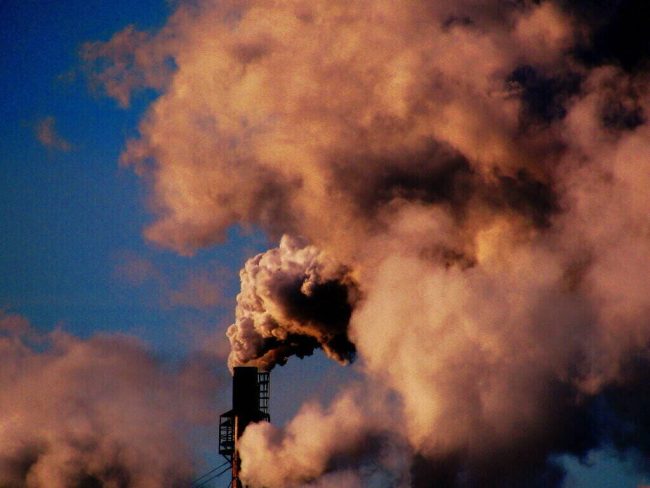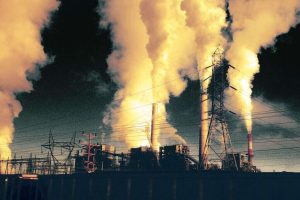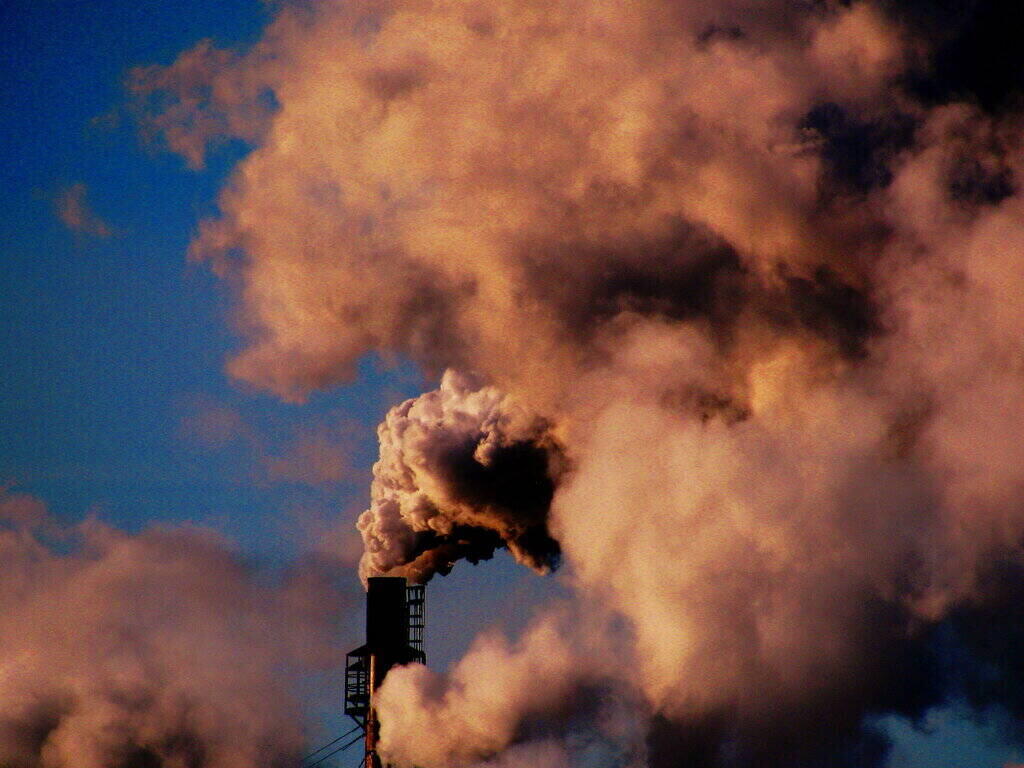|
Getting your Trinity Audio player ready...
|

Environmental Protection Agency is trying to stop the production and usage of hydrofluorocarbons, an important step to control climate change. Air conditioners and refrigerators are most common when it comes to highly potent greenhouse gasses. Congress passed a new rule last year to decrease the United States production and use of HFCs by 85 percent over the next 15 years, part of the national phaseout created to slow down global warming.
Greenhouse gasses and HFCs are a thousand times powerful than carbon dioxide, leaking through appliances like refrigerants and pipes. As a result, administrations are taking steps to crack down on imports as they are a significant driver in global warming.
President Joe Biden is pledged to embrace a 2016 global agreement to reduce HFCs by 2036 exponentially. The rule is expected to have harmful greenhouse gasses used less by an amount of 4.5 billons metric tons of Carbon dioxide by 2050, 3 years of emissions from the U.S power sector to take effect in late October.

A pandemic and spending bill directed the EPA to reduce production and use of greenhouse gasses and HFCs sharply was passed by Congress last December.
The law also promotes technology to capture and store the gas produced by power and manufacturing plants and reduce the call for diesel-fueled vehicles.
The HFC provision of the new law is supported by a wide range of significant environmental and business groups and major companies in the chemistry council.
Natural Resources Defense Council Senior Strategic Director David Doniger had this to say after hearing the Biden administration’s presser for climate change legislation to make its way through Congress:
Moving from HFCs to climate-friendlier alternatives is an important part of President Biden’s plan to meet the climate crisis by cutting American heat-trapping emissions at least in half by 2030— with big benefits for our jobs, our health, and a safer future.
Written by Daylontie Jasper
Edited by Cathy Milne-Ware
Source:
WBEZ: EPA Moves To Sharply Limit Potent Gases Used In Refrigerators And Air Conditioners
Featured and Top Image Courtesy of Billy Wilson‘s Flickr Page – Creative Commons License
Inset Image Courtesy of Andrew Hart’s Flickr Page – Creative Commons License



